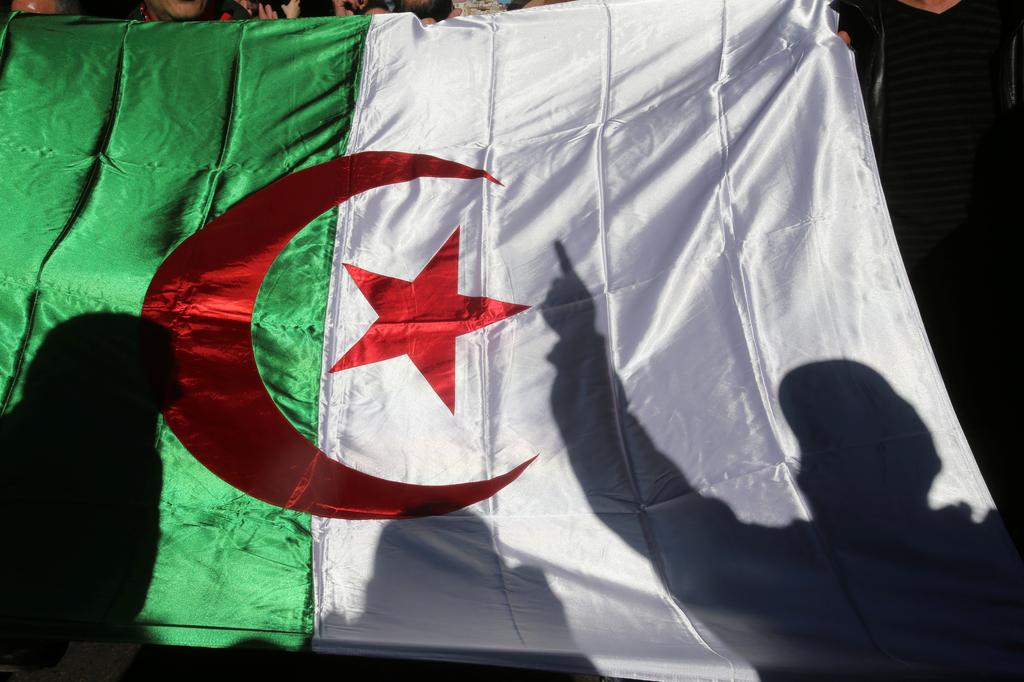TUNIS — Tunisia's constituent assembly adopted a provisional constitution that will allow the north African country to name a government, a month and a half after its first post-revolution election.
The 217-member assembly approved each of the 26 clauses of the document individually to get state institutions back on the move before voting on the entire basic law.
The vote — 141 in favour, 37 against and 39 abstentions — came after a five-day often tumultuous debate which saw hundreds of people demonstrating calmly outside the assembly building shouting slogans demanding "Freedom and Dignity".
"The people are sick of waiting. Let's get down to work, enough messing around," one lawmaker from the dominant moderate Islamist Ennahda party, Amar Larayedh, shouted shortly after the session began on Tuesday.
The outgoing government of Beji Caid Essebsi, formed after the ouster on January 14 of dictator Zine el Abidine Ben Ali, has officially resigned and many Tunisians have expressed growing impatience at the institutional limbo.
The election of a president and creation of a new government could only take place once lawmakers adopted the "mini-constitution", laboriously drawn up over two weeks after the elections.
"This is a historic moment, a memorable night, the beginning of a new Tunisia," said assembly president Mustapha Ben Jaafar, as deputies sang the national anthem and those of Ennahda, which has 98 deputies, congratulated each other on the outcome of the vote.
Ben Jaafar said he was "proud to head an assembly that groups Tunisia's best thanks to the revolution of its brave people".
The adopted document outlines the conditions and procedures to follow by the country's executive, legislature and judiciary until general elections are held, possibly in a year, and until a final constitution is agreed.
Ben Jaafar said candidacies for the presidency were open and added that the new head of state would be elected on Monday afternoon.
Moncef Marzouki, head of the Congress for the Republic Party, which has 29 deputies, was widely expected to take over the presidency and name Hamadi Jebali, the number two of the Ennahda party, as prime minister.
The ruling coalition of Ennahda and two left-wing parties, the Congress for the Republic Party and Ben Jaafar's Ettakatol, which has 20 deputies, had earlier agreed on this scenario for a transfer of power.
Under the provisional constitution the president must be "exclusively Tunisian, of the Muslim religion", the child of Tunisian parents and at least 35 years old.
During heated debates some deputies had backed allowing candidacies of people with dual nationalities and expressly giving each Tunisian man and woman the right to stand in presidential elections.
The opposition boycotted Saturday's vote, arguing that the prime minister will hold too many powers at the expense of the president.
The president will outline the country's foreign policy in agreement with the head of government, and is the head of the armed forces. But he only names or dismisses senior officers in agreement with the prime minister.
Another controversial provision hands over executive and legislative powers to the president of parliament, the head of state and the prime minister in the event of force majeure, and not only to the prime minister.
Ordinary Tunisians, as well as the press and social media, followed the debates which were broadcast live by television with unprecedented interest.



